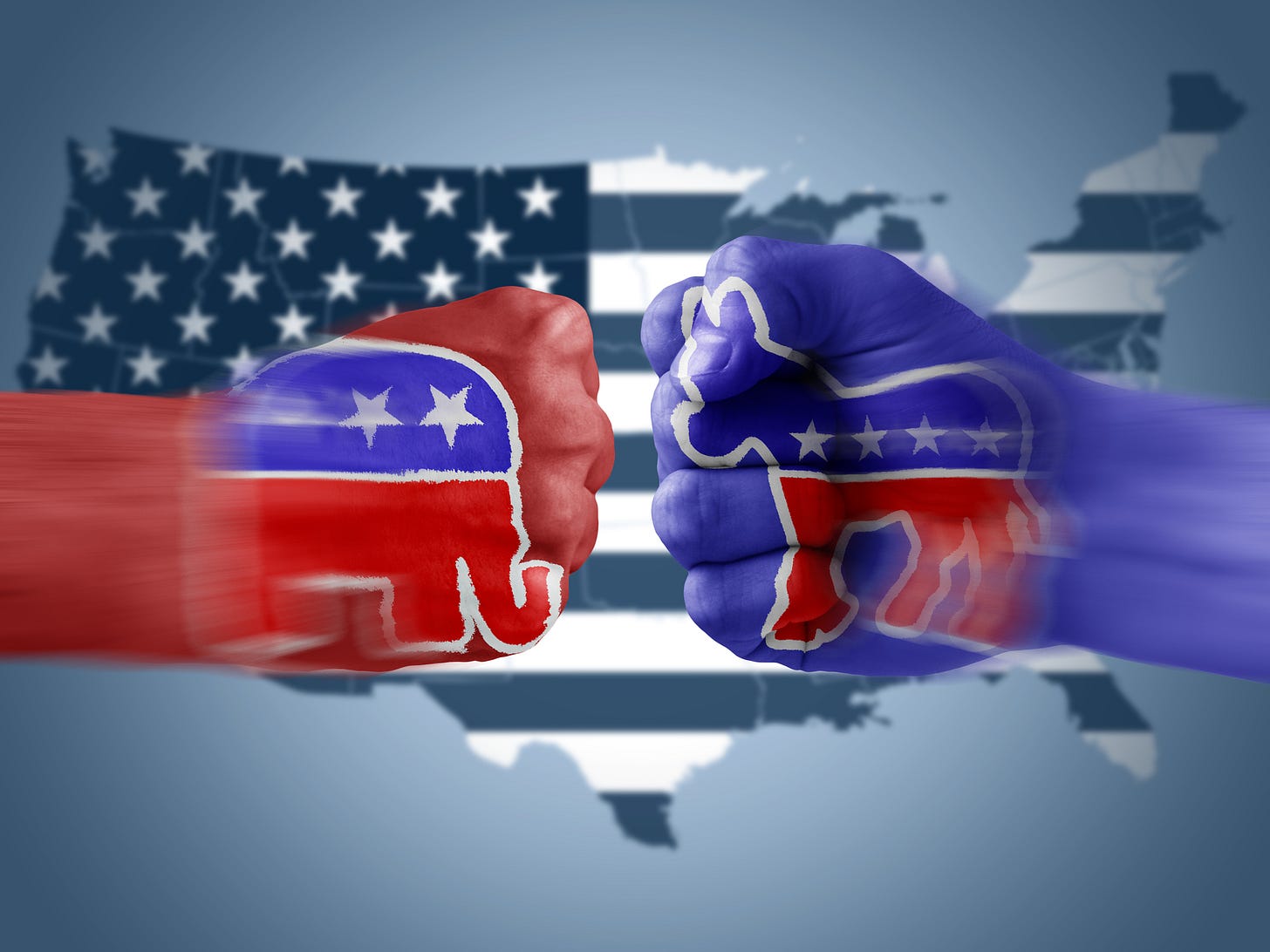You Can Stop Gerrymandering in Your State
Here is how they did it in Michigan
This is the story of democracy in action. It is the story of one woman who reached out to her community with this simple announcement, posted on Facebook just days after Donald Trump won the presidential race in 2016.
“I’d like to take on gerrymandering in Michigan,” the woman, Katie Fahey, wrote. “If you’re interested in doing this as well, please let me know.”
Before long, 5,000 people across Michigan had volunteered to help Fahey. They formed an organization named Voters Not Politicians and used various methods to reach the public, including wearing costumes and singing songs to get attention. It worked.
Over 400,000 people signed on to the ballot initiative to appoint an independent redistricting commission in Michigan. Republicans tried to stop it but were unsuccessful, thanks to the Michigan Supreme Court and the Michigan Court of Appeals.
In addition to curtailing the partisan gerrymandering which had kept Republicans in power despite the will of most Michigan voters, the proposal addressed same-day voting registration and no-excuse absentee voting.
In 2018, the Independent Redistricting Commission Initiative, or Proposal 2, passed with 61% of the vote.
As a result of this grassroots movement, for the first time since 1984, control of the state legislature is now in the hands of the party that won the most votes: the Democrats.
Democracy is messy and complicated
It took six years and much hard work before Michigan Democrats saw the results of their efforts. But they aren’t the only ones trying to promote fairer elections in their state.
In Missouri, similar efforts have been made, though they, too, have met with resistance.
“Missouri voters passed the Clean Missouri initiative, known as Amendment 1, with 62% of the vote. But the legislature immediately started working to undo the hard-fought victory.”
Missouri Republicans decided to promote their amendment, known as Amendment 3, which removes the role of the demographer (part of the Clean Missouri Initiative) and gives the governor the sole power to appoint redistricting committee members. Amendment 3 also makes it more difficult to challenge the new district maps. The voters passed Amendment 3 with 51% of the vote.
Be careful what you wish for
This raises a question: If Missouri Republicans want their governor to have the power to appoint redistricting committees, what do they expect to happen when a Democrat becomes governor?
Perhaps they don’t think they need to worry about that in Missouri, but they might need a history lesson. From 1993 to 2005, Missouri had a Democratic governor. And as recently as 2009–2017, they also had a Democratic governor.
So, what will happen when the next Democratic governor is elected in Missouri? Will Republicans suddenly promote another amendment to change the balance of power?
This is reminiscent of the push to get SCOTUS to make state legislators responsible for choosing the state electors — even if said electors don’t reflect the will of the people. It works for Republicans when Republicans are in office, but what happens when Democrats control the state legislatures? Will Republicans still want them to have this power?
What’s next?
The one thing we do know is that whenever grassroots movements take on established political factions, there will be pushback. The key to success is perseverance.
“Since federal courts have given up on trying to address partisan gerrymandering, and Congress does not appear poised to step in, state-level advocacy offers an opportunity for reform. But reformers should be wary of pushback — each of the states that passed redistricting reform in 2018 has faced fervent opposition by politicians who want to maintain control over drawing maps.
Nevertheless, the reforms enacted give advocates for fair maps the legal tools to keep elections fair and return power to the people, where it belongs.”
If we need a blueprint for how to do it, we can look to Michigan, where one woman asked a question and made history. With the help of 5,000 volunteers, Fahey convinced over 400,000 of her fellow Michiganders to vote for democracy, not partisanship — and they won.

